Looking for some additional cash flow to help navigate retirement expenses? The key to a more secure retirement might already be in your pocket. While most people think of their personal net worth in terms of savings, stocks, bonds, or retirement accounts – the reality is quite different. Research shows that home equity now represents more than two-thirds of total wealth for the average 65-year-old American couple1. So, just how much could be in your home?
Understanding Home Equity
Perhaps the primary benefit of homeownership is the process of building home equity – an asset you can convert to cash. But what exactly is home equity?
Home equity is the amount of your home that you own. It can be calculated by subtracting the amount remaining on your mortgage from the market value of your home. For example, if your home is valued at $300,000 and you owe $50,000, your home equity is the difference – $250,000.
If you plan to tap into your home equity in the future, the first step is knowing just how much equity you have. Borrowing amounts are set based off on the amount of equity you own. As a general rule of thumb – the more equity you have, the more money you can borrow. Naturally, this raises the question – “How can I increase the equity in my home?”
Read on for 5 ways to grow your home equity.
- Pay off your mortgage balance quicker
Nobody likes to have mortgage debt looming over them. And paying it off quicker not only means more money in your pocket at the end of each month, but also a steady increase in your home equity. As you chip away at the principal, or amount owed on your mortgage, each month, you also build up your equity. Fortunately, there are a few ways to pay off your mortgage balance—and in turn, grow your equity—quicker.For instance, instead of making a payment monthly, try switching to bi-weekly mortgage payments. Rather than making a payment once at the end of the month, split your payment in half and pay each half every two weeks. Following this strategy will result in you making one additional full payment annually—which shortens the loan term and expedites the equity-building process.
Alternatively, you can also add an extra sum to your monthly payment. Start by checking your budget to determine how much extra you can realistically pay on a monthly basis. For example, if you’ve just paid off your car loan, use that extra $300 toward your mortgage. You can also consider rounding up your payment. For instance, if your payment is $1,085 – consider rounding it up to an even $1,200. Even an extra $100 per month can go a far way in growing your home equity over time. - Refinance and shorten loan term
Perhaps the best way to pay off your mortgage quicker is by refinancing to a shorter-term loan. But before you decide to move forward with a refinance, it’s important to make sure you’ll be able to accommodate a larger mortgage payment. While a shorter-term loan—for instance, a 15-year mortgage—comes with a higher monthly payment, they typically carry lower interest rates. Plus, more of your payment will go towards the principal each month rather than interest—which means more cash converted into equity. - Use gifts and windfalls when available
When it comes to building equity, the most important rule of thumb is to reduce what you owe while your property value increases. And if you’re simply paying the minimum amount due on your mortgage each month, you’re probably not building up the equity that you could be.If you’re not able to make additional payments or don’t want the commitment that comes with a short-term mortgage, there is still another option to reduce what you owe. Consider unique sources of income to put towards your principal and thus, quickly build up your equity. For instance, holiday checks and birthday gift cards can easily be converted into cash and paid towards your mortgage balance. Similarly, you can apply any tax refunds or inherited money you may receive. And if you’re struggling to find unique sources of income – you can always revisit your budget. Odds are there may be an expense you can eliminate and free up these funds to help drive down your principal. - Invest in home improvements
Another primary way to grow home equity is by increasing the property value of your home. And the best way to do so is by investing in some remodeling or improvement projects around the house. A recent study conducted by Remodeling Magazine found that the average bathroom remodel yields a 54.8% return on investment, while the average kitchen remodel with midrange finishes yields a 72.2% return on investment2. Whether you hire a professional contractor or take on your home projects with a DIY approach—it literally pays to make some improvements around the house. In fact, research shows that the average payback on common upgrades around the house is 64 cents for each dollar spent3.
But before you grab for your wallet, remember—not all home projects have to be expensive. Less extensive improvements like adding a fresh coat of paint to the kitchen walls, updating lighting fixtures, installing a new front door, or even improving the landscaping for some added curb appeal can all pay off. Even investments of just a few hundred dollars could result in a significant return in your home’s value. - Wait for your home value to increase
When it comes to home equity, it pays to be patient. If you’re not planning on leveraging your equity immediately, waiting for your home value to appreciate can boost the amount of equity in your home. While local housing markets are prone to change over time, you may expect to see a fluctuation in your home value. Home appreciation can occur based on inflation and greater demand for your particular neighborhood. History shows that this is likely to naturally happen. As the market adjusts to meet these factors and home prices increase, the appreciation will give your equity a nice boost as well. And while you do not have much control over these factors, it’s smart to keep them in mind. Does it look like your neighborhood is on the up-and-up? Has the community created more jobs? Is the housing market growing more competitive? If so, your home could very well gain value. Of course, anything can happen—so your home value could unexpectedly decline as well.
While growing your home equity could take some time and effort on your part, it is well worth it. As your home equity grows, you’ll be able to tap into it and convert it into cash for what matters most to you. And if you’re a homeowner over the age of 62, a reverse mortgage could be a smart way to go about this.
Also known as a Home Equity Conversion Mortgage (HECM), reverse mortgage loans allow homeowners to convert a portion of their home’s equity into cash without having to sell the home or make regular mortgage payments4. Over 1.2 million Americans have already made a reverse mortgage part of their retirement plan5. Is now the right time for you?
At Longbridge Financial, reverse mortgages are all that we do. And we’re committed to recommending the reverse mortgage program only after we make certain the program is best suited for you and meets your needs. We’ll get to know you, your goals, your home, and your finances as we discuss your options. You can rest assured that if we ever feel like a reverse mortgage is NOT the best option for you, we will tell you so. Not all lenders make that pledge.
Want to learn more? See how much you may qualify for in proceeds with our free quote calculator and for more information, contact the Longbridge team of experts today.




